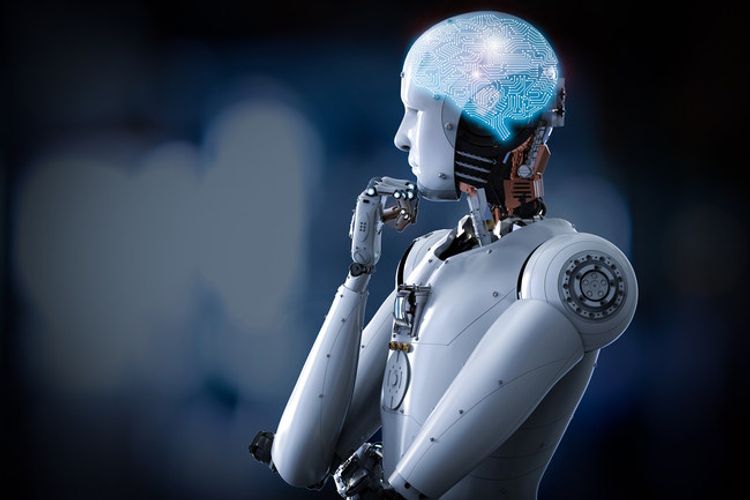PETALUMA, Calif., – Every so often, a technological advancement comes about that is so earth-shattering that it changes the way entire industries work. These disruptive innovations can change not only how businesses are run, but also how people live and work. One such technology that promises to be a complete game-changer is artificial intelligence (AI). Once a mere science fiction fantasy, AI is quickly being developed to the point that it has very real-world applications. As this technology moves from the realm of fiction to reality and companies increase their use of it, the question must be asked: What implications does AI hold for the future of workers? Brandon Frere, CEO of Frere Enterprises, takes a look at the possibilities for workers in a world that’s moving quickly toward intelligent machine automation.
“It seems very probable that the skills that companies look for in an employee will shift,” said Frere. “Technology has a way of making jobs evolve.”
Living in a time that has been called the “Fourth Industrial Revolution” is exciting for some and troubling for others. Some fear that machine learning will replace many human jobs and that people will struggle to find employment. While some positions could be replaced, the reality is that new lines of work will most likely be created revolving around the new technology. One report estimates 65 percent of children entering primary school today will eventually work in jobs that aren’t currently commonplace or exist yet.
As much as social media created an entirely new field, artificial intelligence will do the same. Hiring managers are already saying that they are preparing for AI and believe that it will change how they work within five years. The focus is expected to gradually shift from manual work to higher-level work and soft skills. Zika Krieger, co-leader of the World Economic Forum’s Center for the Fourth Industrial Revolution, believes emotional intelligence, creativity, and critical thinking will be highly valued as the world moves toward more automation and increased reliance on AI.
“There’s a pattern with new technology; it may make some jobs obsolete, but it always provides new opportunities,” says Frere. “There’s no reason to think AI would be any different.”

